Unpredictable climate change is driving extreme weather events, causing huge damage to people and the socio-economy around the world.
Terrible damage
According to The Guardian , citing a report by the International Chamber of Commerce (ICC), the total number of climate-related disasters increased by 83% from 1980-1999 to 2000-2019. Of these, about 4,000 extreme weather events on six continents between 2014 and 2023 caused severe damage from the destruction of homes, businesses and infrastructure to human productivity. The report shows that a total of 1.6 billion people are affected by extreme weather events, and states that the death toll will increase over time.
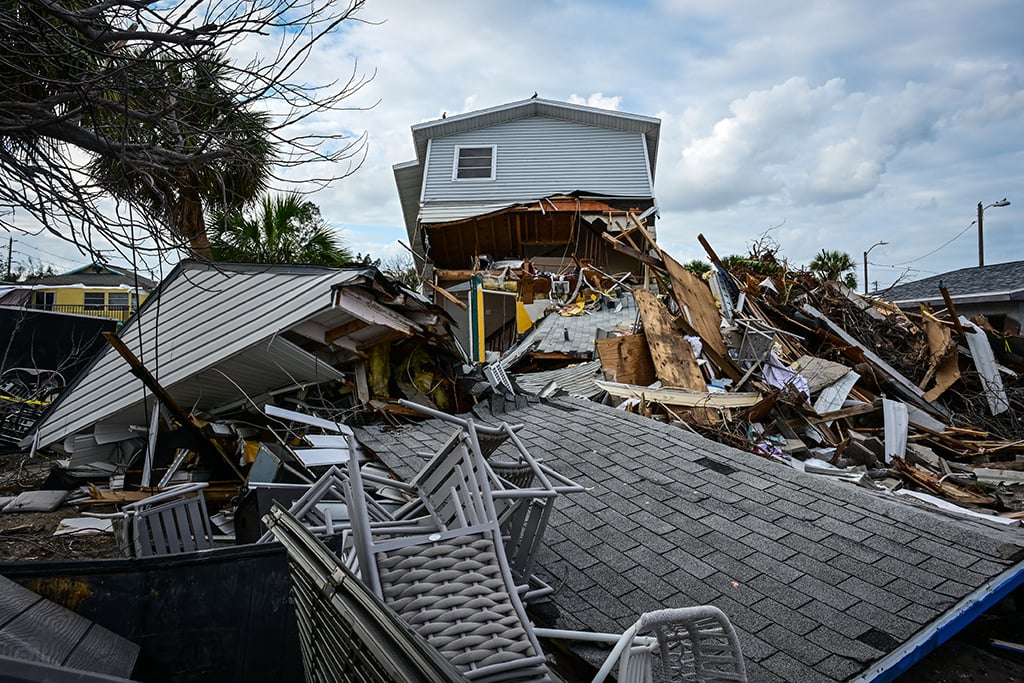
The scene of an area in Florida (USA) after Hurricane Milton swept through.
Economically, the total damage caused by extreme weather events related to global climate extremes is about $2 trillion from 2014 to 2023, equivalent to the loss during the global financial crisis in 2008. In the period 2022-2023, global economic losses have reached $451 billion, up 19% compared to the annual average of the previous 8 years. According to the report, the US suffered the largest economic loss in the world in the period 2014-2023 at $935 billion. After the US, China and India recorded the second and third largest financial losses, at $268 billion and $112 billion, respectively. Germany, Australia, France and Brazil are also among the top 10 countries suffering the most losses due to climate change.
There will be more super typhoons like Yagi because of climate change
The economic burden of climate change is not evenly distributed across countries, according to the ICC report. "In the long run, the losses in low-income countries are more devastating than in prosperous countries where state support is stronger," said economist Ilan Noy at Victoria University in New Zealand.
Previously, many reports also pointed out that the global economy will suffer terrible losses due to extreme weather phenomena. The Potsdam Institute for Climate Change Impact Research (PIK) also estimated that climate change will cause damage equivalent to 17% of the world's gross domestic product (GDP) and the estimated loss will reach 38,000 billion USD/year by 2050. Considering only the developing economies of Asia - Pacific (excluding Japan, Australia and New Zealand), from now until 2070, if not controlled, climate change could cause cumulative damage of 17% of the region's GDP. This GDP loss could reach 41% by 2100, according to a report by the Asian Development Bank (ADB) on October 31.
"Spend a lot of money"
"If at least two-thirds of the world's countries are unable to cut emissions quickly, everyone will pay a heavy price," Simon Stiell, UN climate chief, warned on November 11.
Agreeing, ICC Secretary General John Denton stressed: "Clearly, the data over the past decade has demonstrated that climate change is not a problem of the future. The loss of productivity due to extreme weather events is being felt by the real economy right here and now."
Korean kimchi threatened by climate change at home
Mr Denton called on world leaders to respond quickly and in a coordinated manner to the economic impacts of extreme weather, saying that spending on climate was an investment in a strong and resilient global economy where everyone benefits.
Azerbaijan’s Environment Minister Mukhtar Babayev on November 11 called on private businesses to take more responsibility in responding to climate change. “Without the private sector, there will be no climate solutions. The world needs more money and it needs it faster,” Babayev said, according to The Guardian.
Opening of COP29 Conference
On November 11, the 29th Conference of the Parties to the United Nations Framework Convention on Climate Change (COP29) officially opened in the capital of Baku, Azerbaijan. The event gathered more than 51,000 delegates. One of the focal points of COP29 is the issue of climate finance, where countries discuss to find the appropriate financial amount to support poor countries to respond to climate change. Therefore, COP29 promises to bring about many decisive actions to address the current climate crisis.
Source: https://thanhnien.vn/the-gioi-chiu-ton-that-khung-do-bien-doi-khi-hau-185241111225813102.htm


![[Photo] Opening of the 44th session of the National Assembly Standing Committee](https://vstatic.vietnam.vn/vietnam/resource/IMAGE/2025/4/14/03a1687d4f584352a4b7aa6aa0f73792)


![[Photo] General Secretary To Lam chairs the third meeting to review the implementation of Resolution No. 18-NQ/TW](https://vstatic.vietnam.vn/vietnam/resource/IMAGE/2025/4/14/10f646e55e8e4f3b8c9ae2e35705481d)
![[Photo] Children's smiles - hope after the earthquake disaster in Myanmar](https://vstatic.vietnam.vn/vietnam/resource/IMAGE/2025/4/14/9fc59328310d43839c4d369d08421cf3)
![[Photo] Touching images recreated at the program "Resources for Victory"](https://vstatic.vietnam.vn/vietnam/resource/IMAGE/2025/4/14/99863147ad274f01a9b208519ebc0dd2)

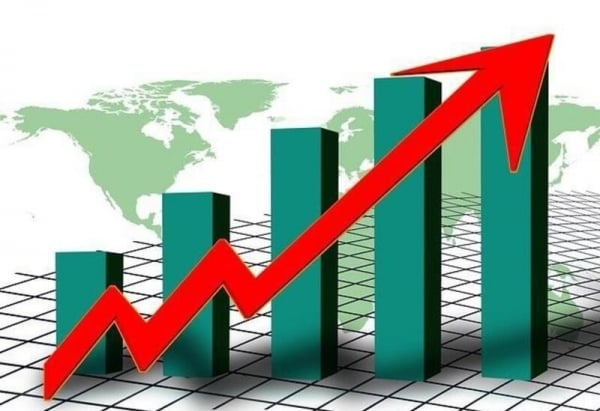

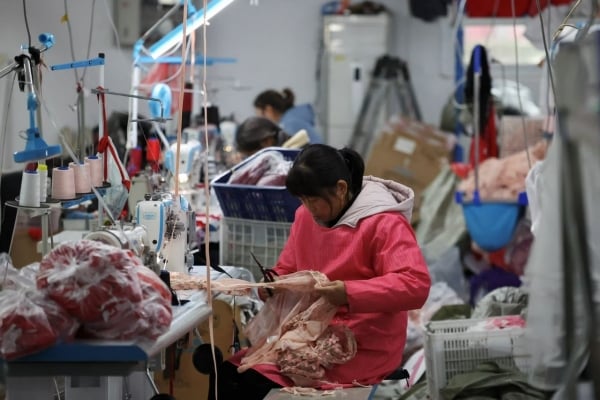
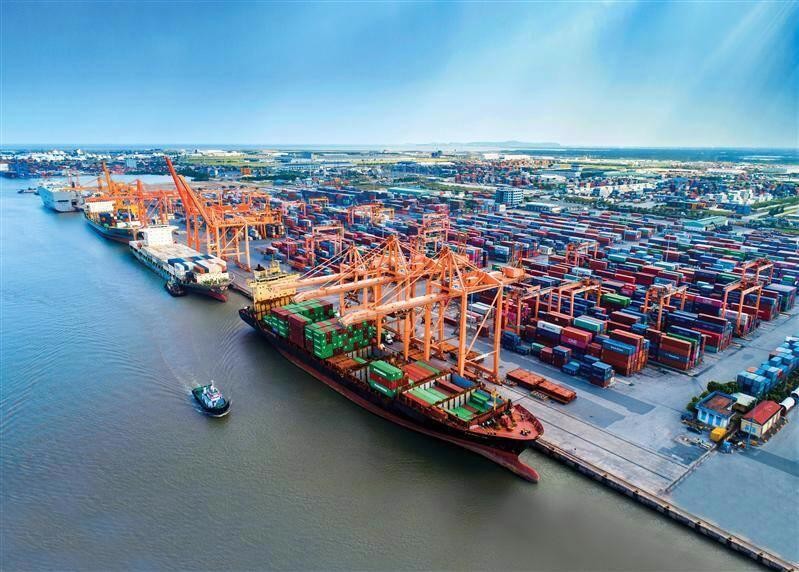







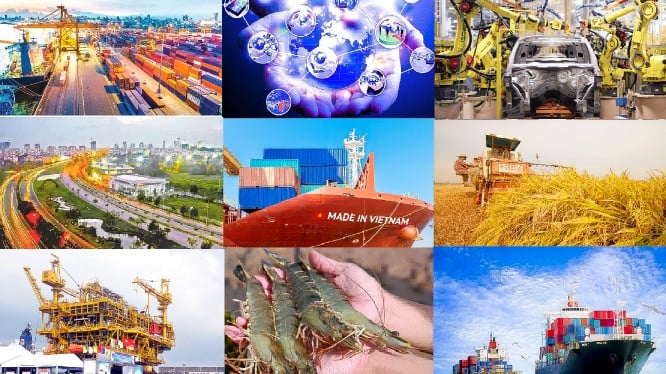







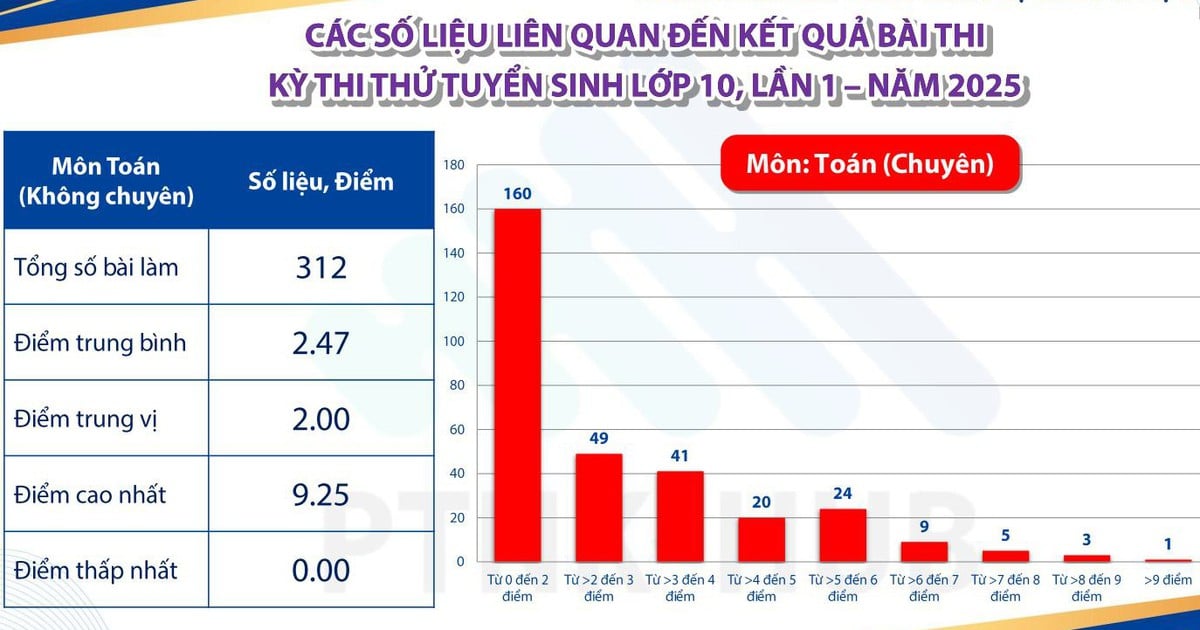




































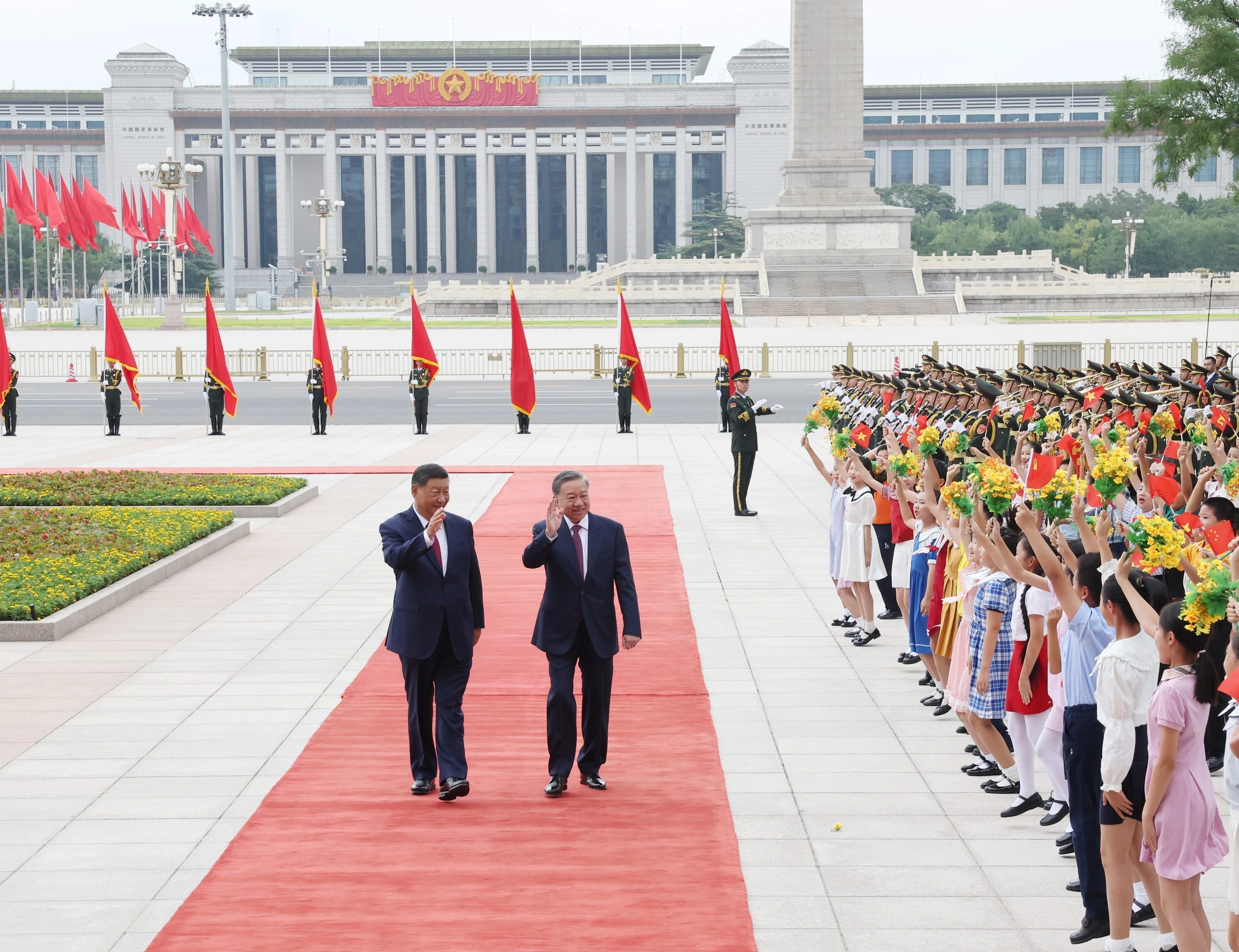
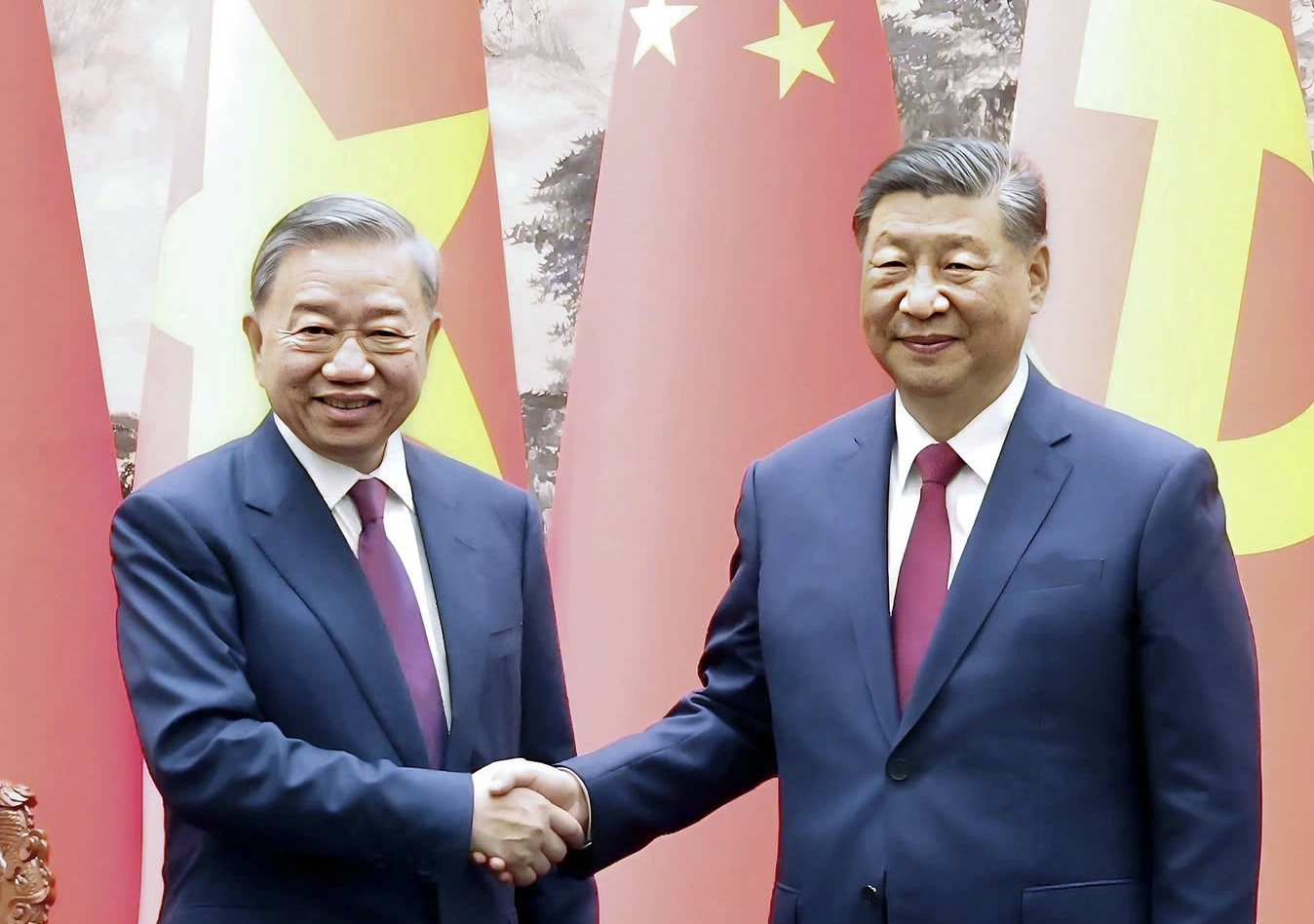


























Comment (0)